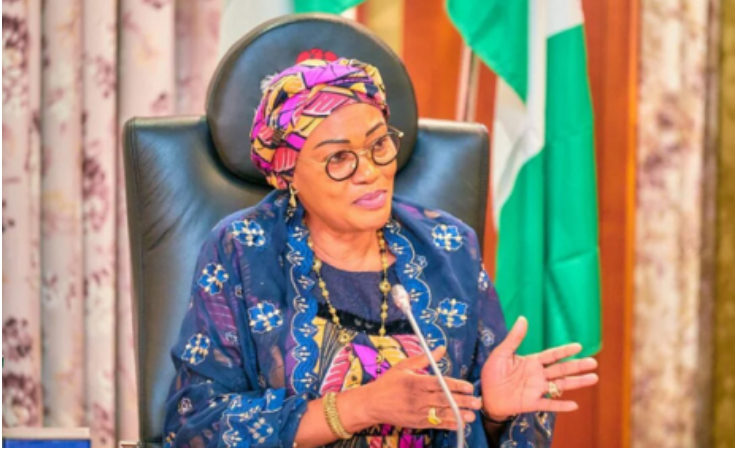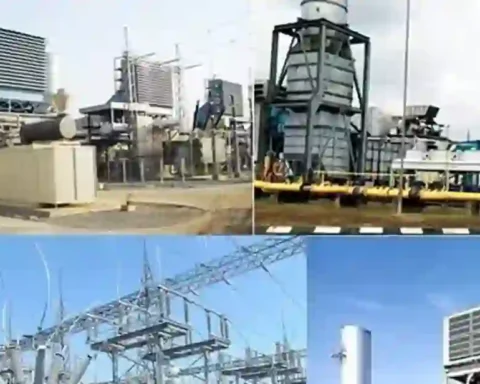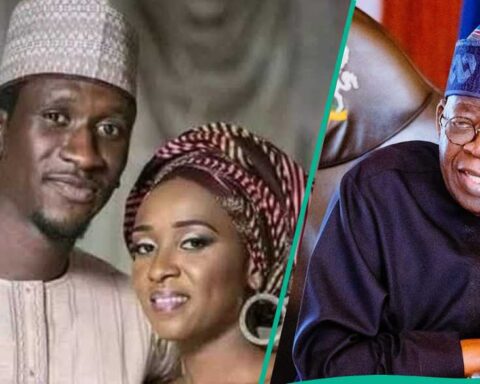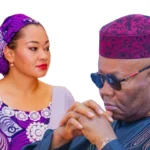As Nigeria continues to grapple with low female representation in political leadership, calls are growing louder for the institutionalization of special seats for women in legislative bodies. Advocates argue that this measure is not about favoritism, but a strategic effort to strengthen democracy, foster inclusive governance, and correct deep-seated gender imbalance in Nigerian politics.
The proposal, which is gaining momentum ahead of the next constitutional review, seeks to reserve a percentage of seats in the National Assembly and state legislatures exclusively for women. Supporters say this affirmative action is necessary to address systemic barriers—ranging from cultural stereotypes to economic exclusion—that have historically sidelined women from meaningful political participation.
Despite accounting for nearly half of Nigeria’s population, women hold less than 7% of seats in the National Assembly. In the 2023 general elections, only a handful of women won elective positions, a disappointing regression from even earlier years. The failure to elect more women, critics say, reflects a political system that remains largely hostile to gender inclusion.
“Democracy is about representation,” said Dr. Halima Bakori, a political scientist and gender rights advocate. “When half the population is virtually absent from decision-making tables, democracy becomes lopsided and incomplete.”
The demand for special seats is rooted in the belief that representation should be actively corrected where historical injustice and societal imbalance exist. Proponents point to successful models in countries like Rwanda, Senegal, and South Africa, where gender quotas have significantly increased women’s presence in politics, often resulting in more progressive policies on health, education, and family welfare.
Hon. Nnenna Ukeje, a former member of the House of Representatives, emphasized that the proposed policy is not about lowering standards, but leveling the playing field. “We’re not asking for handouts. We’re asking for fair access and the dismantling of structures that have worked against women for decades,” she said.
Not everyone supports the idea. Critics argue that special seats could undermine meritocracy or create a two-tier political system. Some male lawmakers and commentators see it as unnecessary, insisting that women should compete equally in elections.
However, women’s rights groups counter this by pointing out that without institutional support, women are often outspent, out-organized, and excluded from the informal networks that dominate Nigeria’s political machinery.
“If we keep waiting for equality to happen naturally in a deeply patriarchal system, we may wait forever,” said Aisha Bello, director of the Women’s Political Empowerment Forum.
In response to the growing demand, the National Assembly has re-opened discussions on constitutional amendments that could make provisions for special seats. A cross-party coalition of female legislators and allies is also working on a bill that will outline the structure and implementation of gender quotas across federal, state, and local levels.
As Nigeria faces rising demands for better governance, transparency, and inclusion, many believe that increasing women’s representation is not just a gender issue—it is a democratic imperative.
“The future of our democracy depends on how well it reflects the voices of all its people, not just a privileged few,” said Dr. Bakori. “Special seats for women are not a favor; they are a necessity for a fairer, stronger, and more accountable Nigeria.”



























